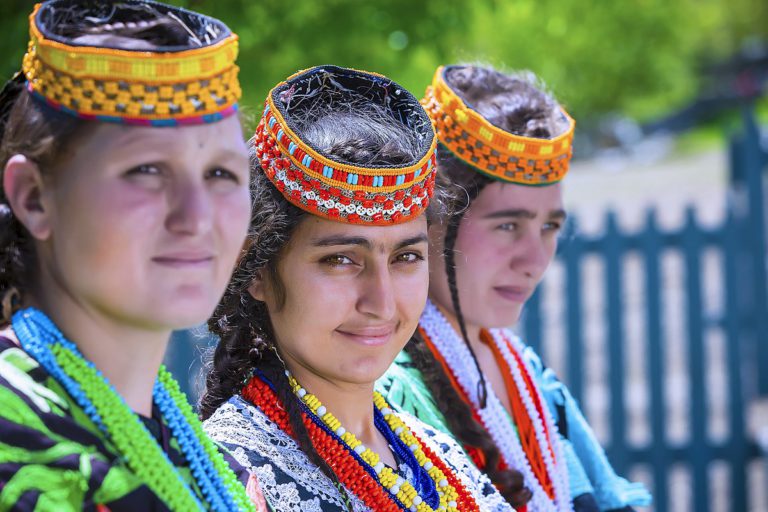

He deployed 4,500 police, who arrested 7,000 people in 72 hours. In the days following the identification of the perpetrator, Nikos Dendias, the Minister of Citizen Protection, announced a crackdown on illegal immigrants in Athens. After the initial trial, the perpetrator was discovered to have lied about his age in order to be tried and punished as a juvenile.

While the police accompanied him from the ferry to the prosecutor's office, passersby shouted slogans against him. Īfter his confession, Ahmed Waqas was taken to the island of Syros where he testified again before the district prosecutor. The perpetrator had been scheduled for voluntary repatriation to Pakistan at the time of the arrest. While the girl could not fight anymore he raped her and then beat her again against the stones. Then, he started beating her with a rock until she fell unconscious. As he stated, his first intention was to steal the girl's mobile phone but she tried to repel his attack. Ahmed Waqas was reportedly calm and emotionless while describing the events of the crime to the police officers. Ahmed's DNA matched that found on the girl's clothes and body, after which Ahmed confessed. Police located him through his mobile phone and with the help of other immigrants. Perpetrator Ī few days later the police arrested Ahmed Waqas, in Nea Chalkidona, Athens. Ahmed was picked up during a random check in Athens and DNA was used to identify him as the likely culprit. However, Ahmed had already left the island to go to Athens, ostensibly because of the serious illness of one of his relatives. Ahmed Waqas's co-workers said that he was wearing this kind of clothes at work the day of the incident. Specifically the mother of the teenage girl reported that she saw a man, wearing white trousers and a colorful shirt, walking away from the crime scene. As the investigation continued, the suspects were narrowed down to four and police concluded, with the help of eyewitnesses, that the suspect was a man who worked by the crime scene. Suspects Īccording to the police report, initial suspects were 12 men, Greeks and foreigners, who either worked by the beach and the crime scene or had been seen by witnesses in the area. Nikos Kalogrias announced that he had found semen on the girl's body, the focus of the investigation changed to rape and assault. At first, police treated the incident as an accident, however, when a forensic specialist from Athens, Dr. The authorities ordered the girl to be transferred to a hospital in Athens. On 23 July 2012 a teenage girl, Myrto Papadomichelaki ( Greek: Μυρτώ Παπαδομιχελάκη), was found partially clothed, beaten and in a coma, on one of the most popular beaches in the Greek island of Paros. The 2012 Paros beating and rape of a teenage girl on the island of Paros, Greece by Ahmed Waqas (alternate names reported including Ahmet Vaka, Ahmet Bakas, and Ahmet Vakash) The case attracted widespread attention due to the fact the victim, who was usually referred to in the Greek press solely by her first name "Myrto" ( Greek: Μυρτώ), suffered substantial injuries resulting in permanent disability.


 0 kommentar(er)
0 kommentar(er)
